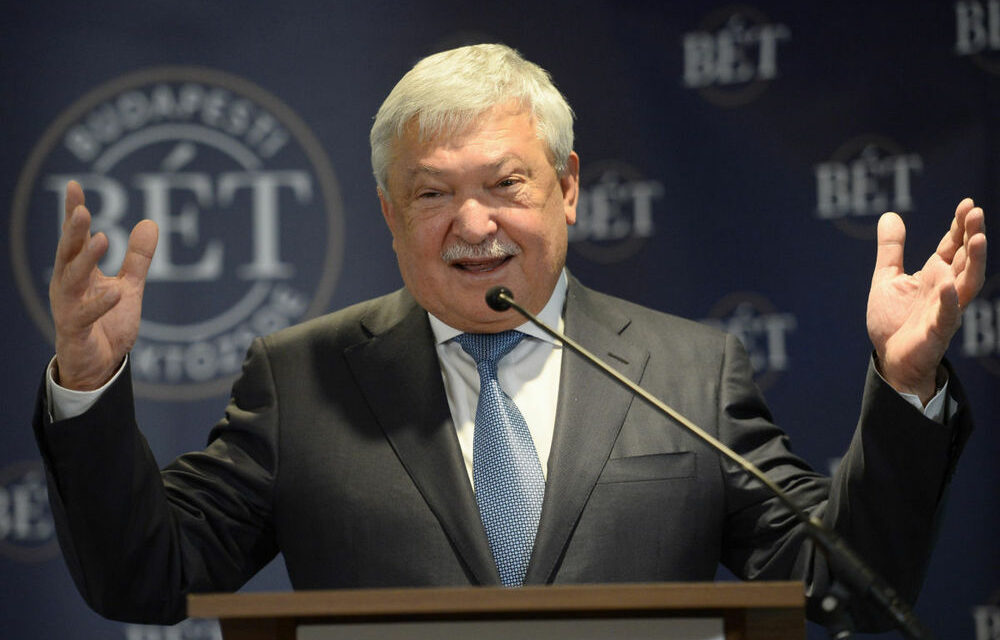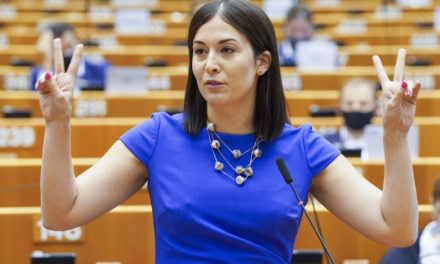It is scandalous that Ukraine has placed the OTP, which does not violate any legislation, on the list of international sponsors of the war, and until this is withdrawn, the Hungarian government will "with great difficulty" negotiate sanctions that require additional victims, Minister of Foreign Affairs and Trade Péter Szijjártó stated on Friday in Stockholm.
According to the statement of the Ministry of Foreign Affairs and Trade, during the break of the informal council meeting of the European Union foreign ministers, the head of the ministry stressed that it is outrageous that while Hungary is participating in the program under which the bloc supports the operation of Ukraine with one and a half billion euros per month, the Ukrainian National Corruption Prevention Agency recently called "the international war placed the OTP Group on the list of "sponsors", which is why the financial institution is still present in Russia.
"It's amazing, it's outrageous, it's scandalous"
- He told.
"OTP is the largest bank in Hungary. The OTP did not violate any kind of international law. The operation of OTP fully complies with all kinds of expectations and legislation. In comparison, the inclusion of the bank in Ukraine on the list of international sponsors of the war is unacceptable and scandalous," the minister emphasized.
“That is why I made it clear today that
until then, it is very difficult for us to even enter into negotiations on the eleventh sanctions package, it is very difficult for us to negotiate economic restrictive measures that require additional victims, as long as the OTP is on this particular Ukrainian list"
he announced.
"It's unacceptable, I'll say it again, it's scandalous, and we demand that the Ukrainians remove the OTP from the list of international sponsors of the war," he added.
Péter Szijjártó also addressed the food crisis caused by the war and underlined that the Central European states opened so-called solidarity routes for Ukrainian grain in order to supply African and Middle Eastern countries.
"Compared to this, a significant part of this grain remained in Central Europe, where it causes unprecedented serious problems for farmers"
he stated.
"It is the duty of the European Commission to take action in this situation in order to deliver the Ukrainian grain stuck in Central Europe to Africa and the Middle East as soon as possible"
he added.
As he pointed out, this would be necessary, on the one hand, to support local farmers and, on the other hand, to ensure the livelihood of the African and Middle Eastern population.
MTI
Photo: Sándor Csányi, President and CEO of OTP Bank / MTI/Tamás Kovács












